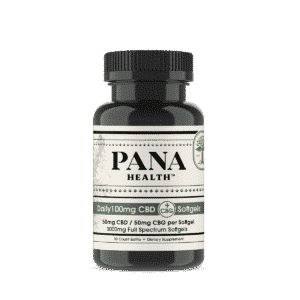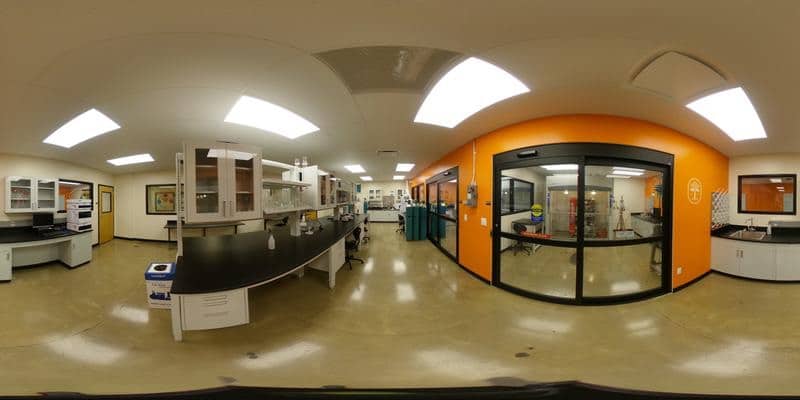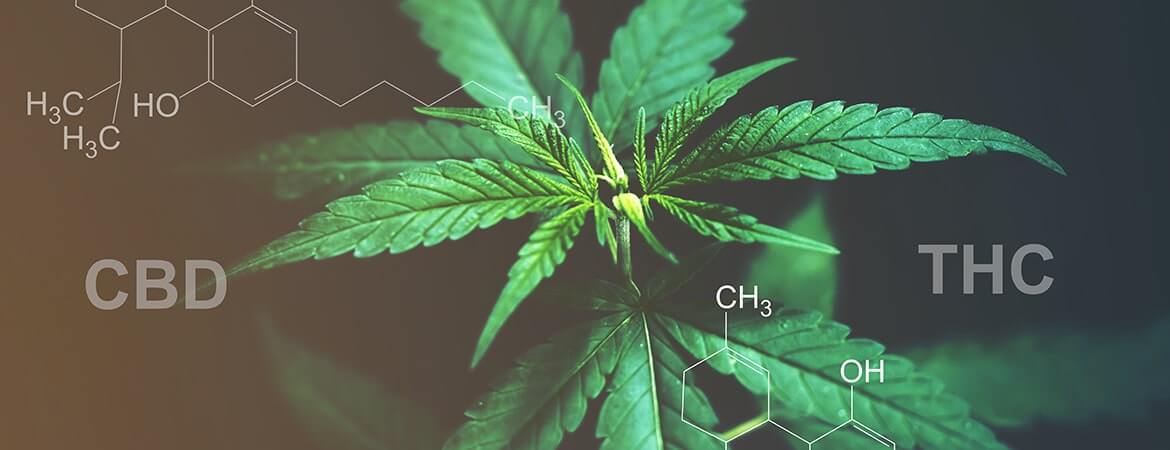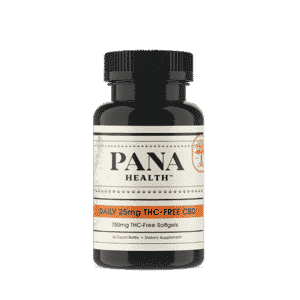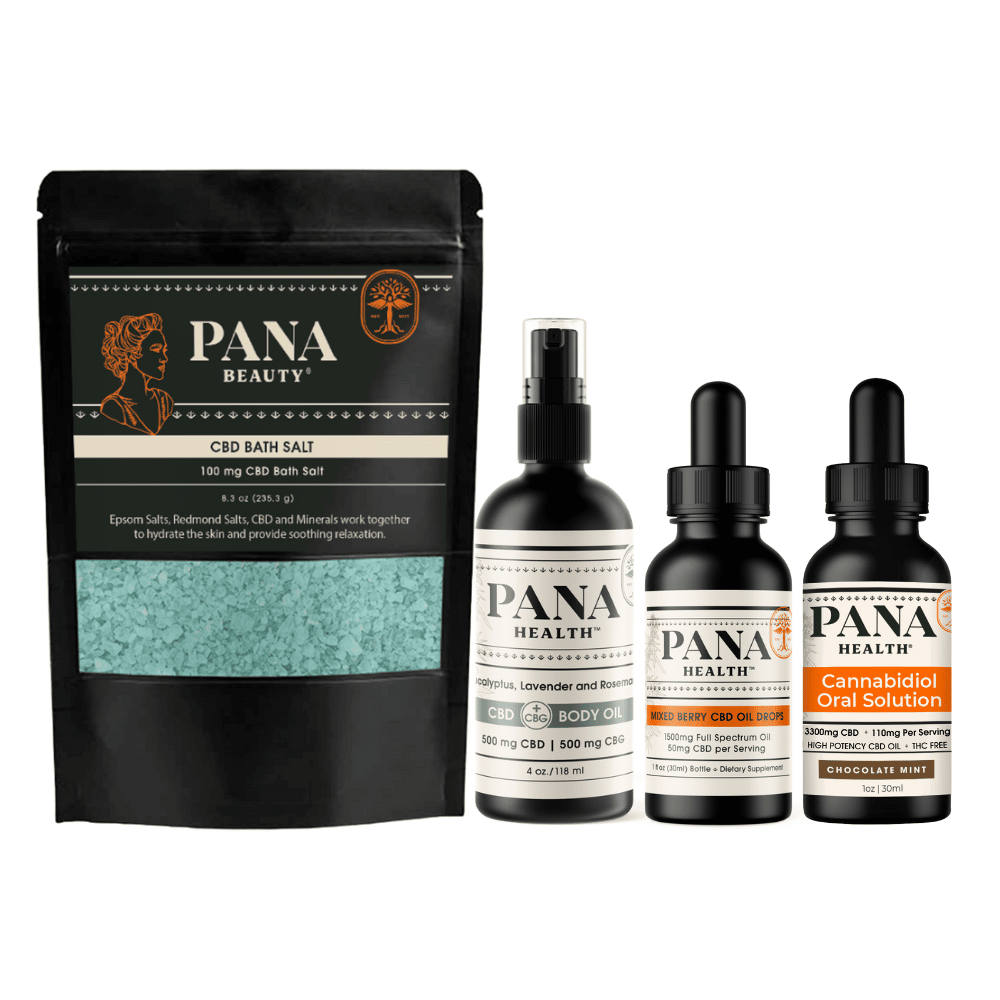CBD products have taken the world by storm, and many people claim that CBD helps them with their chronic pain, anxiety, insomnia and a wide variety of other disorders. However, studies about CBD’s effects are still in their infancy, so it is smart to be a little cautious about it. Still, many people seem to enjoy the effects they receive from CBD, so it is natural to have some questions about it.
One of the major questions people have is whether or not it is possible to overdose on CBD. This is a valid concern, as many drugs that are used to relieve pain can be addictive, leading to a tolerance that requires more and more to get the effect. In unfortunate cases, this can lead to overdoses.
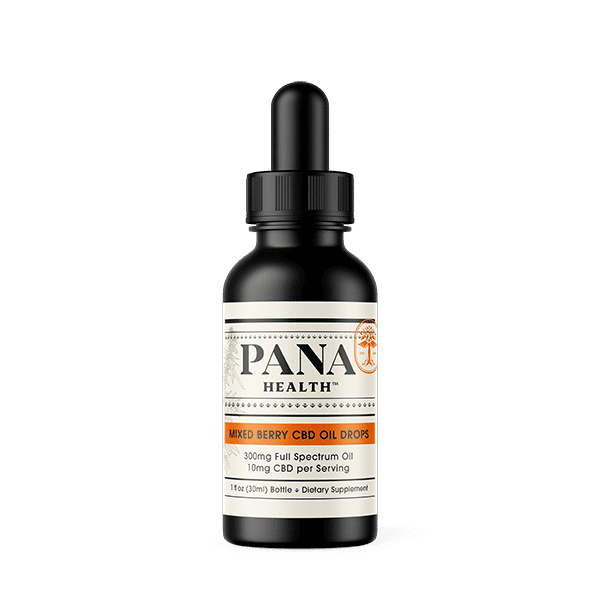
What is CBD?
CBD, also known as Cannabidiol, is a chemical that is found in the plant known as Cannabis, or Marijuana. Although CBD is found in Marijuana, it is not one of the ingredients that causes a high, or intoxication. That distinction goes to Tetrahydrocannabinol (THC), which can lead to feelings of euphoria, known as a chemical high. There are other effects from THC as well, such as lethargy, hunger, paranoia and weightlessness.
Though it is closely related to THC, CBD does not cause any of these effects. In fact, some people claim that it doesn’t cause any effect at all, while others say that they get a variety of benefits from it. Instead of getting some sort of mental “high,” users report that they simply experience less pain or anxiety. They might also have an easier time falling asleep and/or staying asleep at night.
The reason that CBD doesn’t cause this high is because it interacts differently with the receptors in your brain than THC does. THC actually attaches itself to these receptors, known as CB1 and CB2 receptors. When you consume THC, you may experience physical changes, such as those in coordination, and mental changes, such as those in your mood.
CBD, on the other hand, seems to encourage your body to use up its natural cannabinoids, so it does not attach to your CB1 and CB2 receptors. This increased cannabinoid production can lead to reduced inflammation and pain but won’t necessarily affect your physical stature or emotional wellbeing.
Why do people use CBD?
There are a variety of reasons for people to use CBD. Although the jury is still out on the efficacy of many of its uses, many people swear by the substance to help them with certain conditions.
One of the most common uses for CBD – and the only one that has been approved by the FDA – is to treat epileptic seizures in children. CBD consumption has been proven to reduce or entirely stop seizures in children who suffer from them.
Among other reasons that people use CBD are chronic pain, anxiety, Crohn’s Disease, diabetes, and Alzheimer’s, among others.
How is CBD consumed?
There are a variety of ways to consume CBD. One of the most popular methods is through the use of CBD Oil. This can be used in a vape pen, much like nicotine juice. Some people enjoy the different flavors that they can get from these oils and use it as a substitute for smoking. The vapors travel through your lungs and the CBD enters the bloodstream that way. However vaping has been associated with several injuries and some deaths.
For those who don’t like inhaling a vapor, there are other methods as well. CBD foods are highly popular among enthusiasts, and there are many different forms. Gummies are known for their taste and convenience, but they aren’t the only food that can contain CBD. People make pastries, hard candies, and even pastas that contain CBD.
Some people prefer to keep it simple and use CBD capsules or pills. These act just like medicinal pills and don’t require you to spend time consuming them or worrying about flavor.
CBD lotions are good for topical use, like pain management and skin conditions.
Other less traditional ways to consume CBD include sprays, bath salts and crystals.
Is CBD addictive?
Many people worry about addictive properties of certain drugs as they fear that they might develop a dependence. Fortunately, when it comes to CBD, there is no evidence to suggest that it is addictive. Some studies actually seem to show that CBD can be used to help those who suffer from addiction to other drugs.
CBD does not cause any sort of high, which means that people won’t be chasing a certain feeling when they consume CBD. Instead, it is intended to reduce pain and inflammation but to keep you relatively level-headed otherwise. There is no “euphoria” that gets harder to achieve every time you take it.
What is a drug overdose?
A drug overdose is a dangerous situation when a person consumes too much of any particular drug. If their body can’t handle it or has reached a toxic level of the substance, it will often shut down, leading to serious problems such as heart attack, stroke, seizure or even death.
People can overdose on many different drugs, from easily obtainable items like Tylenol or alcohol to illicit substances such as cocaine and heroin. Mixing different drugs together makes overdose more likely and puts even further strain on the body.
While many people survive overdoses if they receive proper medical attention, it is estimated that over 70,000 deaths occur from overdoses every year. Many of these overdoses were from opioids, which can be dangerous because they are highly addictive and create tolerances that require the patient to take more and more.
Is it possible to overdose on CBD?
Despite the fact that CBD is generally considered safe and non-addictive, you may wonder about the potential for overdose. After all, there are many drugs out there that don’t seem dangerous but carry pretty stern warnings about toxicity levels.
Fortunately, there have been no documented cases of anyone overdosing on CBD thus far. Because CBD effects are generally mild and therapeutic rather than intoxicating, you are not going to become “too high” like you might with some other drugs.
You cannot lethally overdose on CBD, but it is still possible to have too much (just like with any other substance). Taking pure CBD in large amounts won’t kill you, but it might lead to drowsiness, diarrhea and dizziness. To avoid this, simply follow the directions on your CBD product. Most studies show that humans can handle up to 1500 milligrams of CBD per day without any issues.
Luckily, there doesn’t seem to be any amount of CBD that can be considered dangerous for human consumption – just levels that may make for some mild discomfort. Because our body naturally produces cannabidiol, we are already used to it and can use it for therapeutic purposes. The most likely scenario if you have more CBD than you are used to is that you will become more tired than usual. For some people, this may be a desired effect.
The most important thing is to start slowly with your CBD consumption to see how much is right for you. If you don’t notice any effects right away, you can slowly add more to your routine and you don’t have to worry about becoming ill or overdosing.
What to do if you’ve had too much CBD
While we’ve determined that you cannot overdose on CBD, it is still possible to have a little bit too much, leading to certain consequences. As mentioned, you might suffer from diarrhea or fatigue, but you could also experience nausea, decreased appetite or dry mouth.
None of these side effects are cause for too much concern, but you can take some measures to help alleviate them, as they should be gone within 4-6 hours. Make sure to drink plenty of water, as this will help to flush out your system. You may even be able to reverse the side effects and experience the good effects of CBD.
Eating food can also help with your metabolism, as can taking a walk or simply relaxing. Essentially, you just need to do whatever makes you the most comfortable, and it’s likely that the negative effects will work themselves out. Just make sure not to panic, because it is highly unlikely that there is anything seriously wrong. CBD is such a mild drug that there has never been an overdose, and even most doctors will tell you that it’s perfectly safe to consume.


